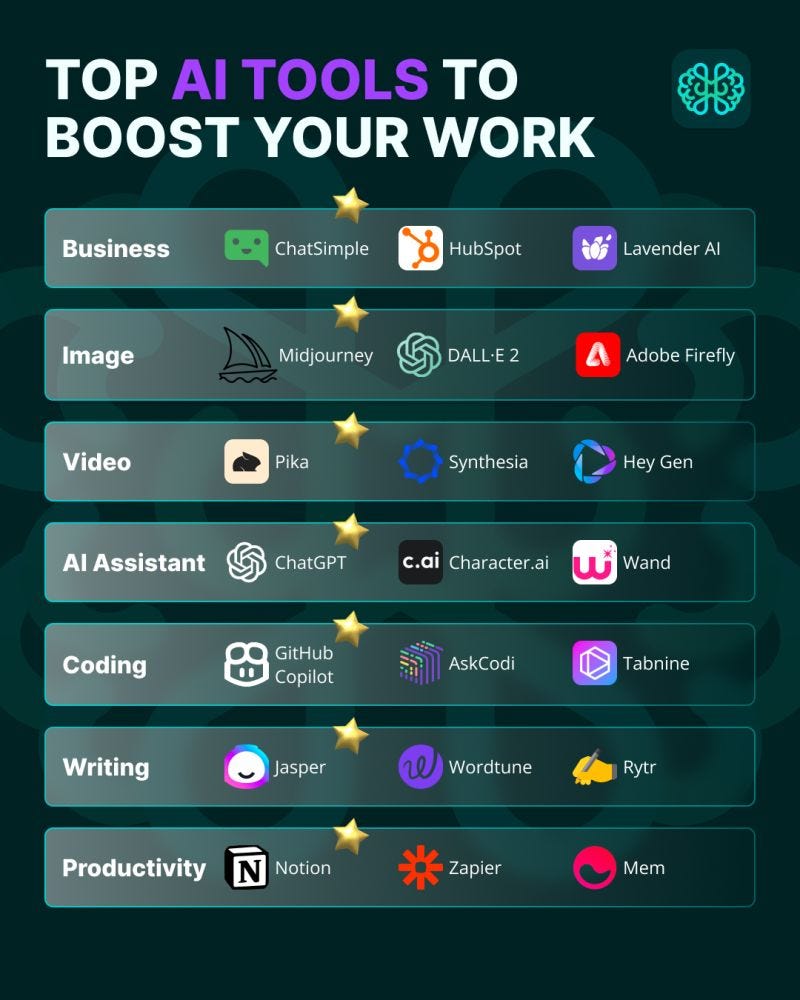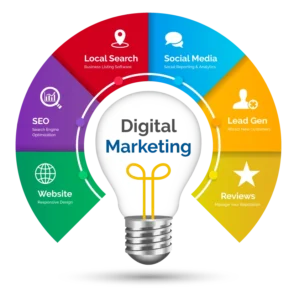Artificial Intelligence (AI) has rapidly evolved, permeating various aspects of our daily lives and industries. From automating mundane tasks to enhancing creative processes, AI tools are transforming how we work and interact. In this article, we will explore Ai Tools the different categories of AI tools, their applications, and the potential impact on the future of work.
What Are AI Tools?
AI tools are software applications or platforms that utilize artificial intelligence algorithms to perform specific tasks or solve problems. They can analyze data, recognize patterns, generate content, and even simulate human interactions. These tools can be broadly categorized into several areas:
1. Natural Language Processing (NLP)
NLP tools allow machines to understand and interpret human language. Applications include:
- Chatbots: Automated systems that provide customer support and engage users.
- Content Generation: Tools like GPT-3 that generate text for articles, social media posts, or creative writing.
- Sentiment Analysis: Applications that analyze text to determine the sentiment behind it, useful for businesses in gauging customer feedback.
2. Machine Learning (ML)
ML tools enable systems to learn from data and improve over time without being explicitly programmed. Key applications include:
- Predictive Analytics: Tools that forecast trends and behaviors based on historical data, useful in finance and marketing.
- Recommendation Systems: Algorithms used by platforms like Netflix and Amazon to suggest products or content based on user preferences.
3. Computer Vision
Computer vision tools allow machines to interpret and understand visual information. Applications include:
- Facial Recognition: Used in security systems and personal devices for authentication.
- Image and Video Analysis: Tools that can analyze visual content for insights, such as identifying trends in social media imagery.
4. Automation and Robotics
AI tools are increasingly used to automate repetitive tasks, enhancing efficiency in various sectors. Examples include:
- Robotic Process Automation (RPA): Software robots that handle routine business processes, freeing up human employees for more complex tasks.
- Manufacturing Robotics: AI-driven robots that perform tasks in manufacturing, improving precision and reducing labor costs.
Applications Across Industries
AI tools are being adopted across various sectors, demonstrating their versatility and effectiveness:
- Healthcare: AI tools assist in diagnostics, personalized medicine, and patient monitoring. For instance, algorithms can analyze medical images to detect abnormalities.
- Finance: AI helps in fraud detection, risk assessment, and algorithmic trading, enabling financial institutions to make more informed decisions.
- Marketing: AI tools analyze consumer behavior and preferences, allowing for targeted marketing campaigns and improved customer engagement.
- Education: AI-driven platforms personalize learning experiences, offering tailored content and assessments based on individual student needs.
The Impact on Work
The integration of AI tools into the workplace is both exciting and daunting. On one hand, these tools can enhance productivity, streamline operations, and provide valuable insights. On the other hand, concerns about job displacement and ethical implications arise.
Advantages
- Increased Efficiency: AI tools can process vast amounts of data quickly, enabling faster decision-making.
- Enhanced Creativity: Creative professionals can leverage AI to brainstorm ideas, generate content, and refine their work.
- Data-Driven Decisions: AI provides organizations with actionable insights, helping them make informed choices.
Challenges
- Job Displacement: Automation may lead to reduced demand for certain roles, necessitating reskilling and adaptation.
- Ethical Considerations: Issues surrounding data privacy, bias in algorithms, and accountability must be addressed as AI tools become more pervasive.
- Dependence on Technology: Over-reliance on AI tools could stifle human creativity and critical thinking.
The Future of AI Tools
As technology continues to advance, the capabilities of AI tools will expand. We can expect to see:
- Greater Integration: AI will increasingly be embedded into everyday applications and devices, making it more accessible.
- Advancements in General AI: Research into artificial general intelligence (AGI) could lead to more sophisticated AI systems capable of understanding and performing a wider range of tasks.
- Focus on Ethical AI: There will be a growing emphasis on developing AI tools that prioritize fairness, transparency, and accountability.
Conclusion
AI tools are reshaping our world, offering opportunities for innovation and efficiency while posing challenges that require careful consideration. As we navigate this rapidly changing landscape, the key will be to embrace these tools responsibly, ensuring they enhance human capabilities rather than replace them. The future of work will undoubtedly be influenced by AI, but how we adapt to and integrate these tools will define their impact on society.



